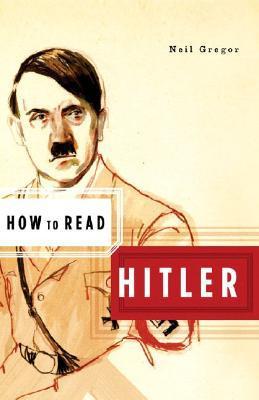What do you think?
Rate this book


128 pages, Paperback
First published February 7, 2005
If a really vigorous people believes that it cannot conquer another with peaceful economic means, or if an economically weaker people does not wish to let itself be killed by an economically stronger one, as its ability to feed itself it slowly cut off, then in both cases the mist of peaceful economic phraseology will be suddenly torn apart and war, that is the continuation of politics by other means, steps into its place. (2B, 22-3)
Reading this hopelessly unstructured string of clauses on can picture Hitler standing, peering over the shoulders of his hapless scribe, forming sentences as ideas come into his head and inserting sub-clauses as the thoughts and associations randomly strike him. There is an unmistakeably 'stream of consciousness' quality to the writing, which does not appear to have undergone even the most basic editing, let alone anything like rigorous polishing. It also contains an almost impossibly clumsy mixed metaphor - what is the 'the mist of peaceful economic phraseology'? And how does one tear mist apart? (pg. 7)